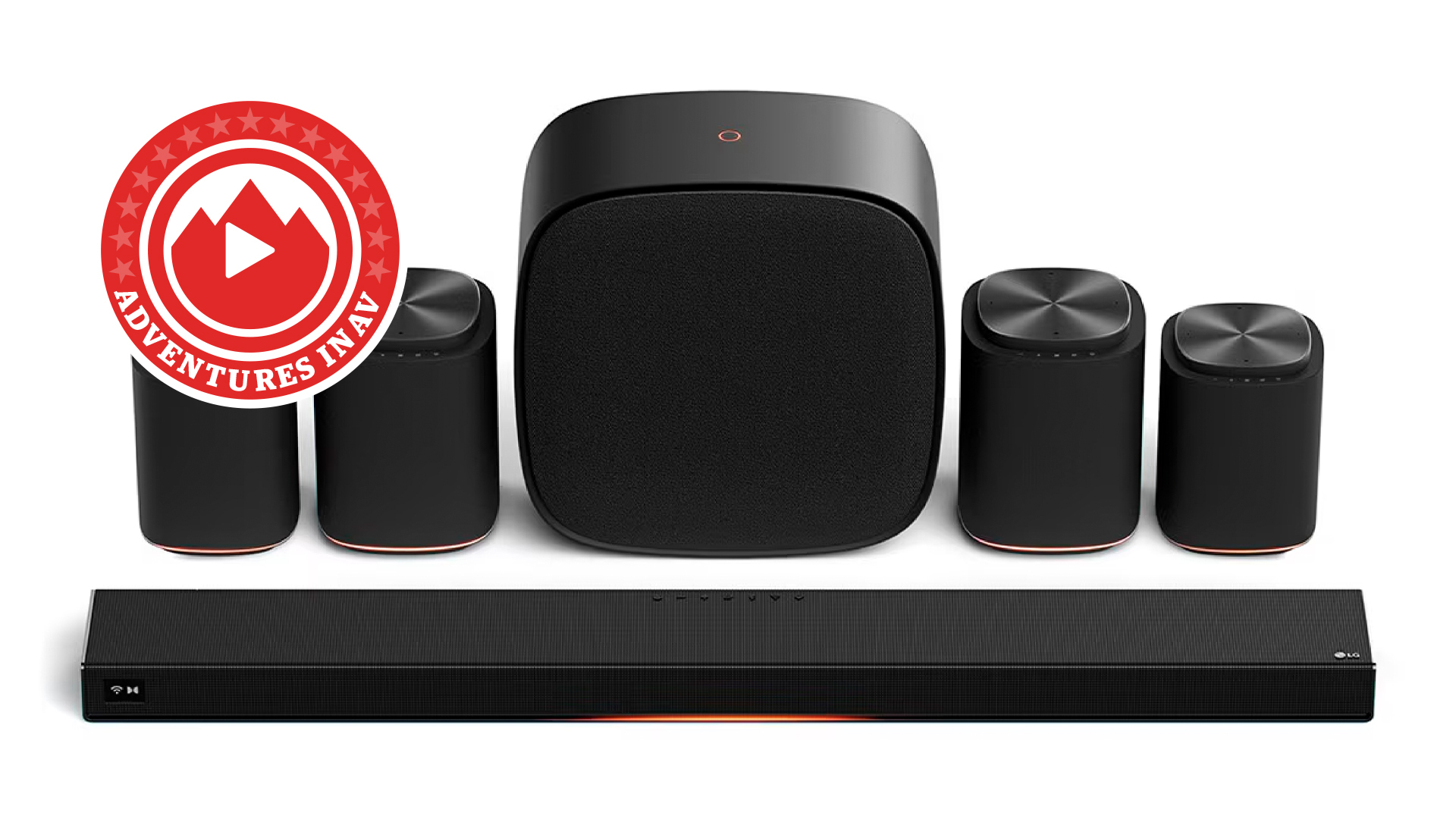7 things we learned about Sky Sports Ultra HD
Sky's Ultra HD sports coverage kicks off on 13th August with a live 4K broadcast of the opening match of the new Premier League season, Hull vs Leicester...
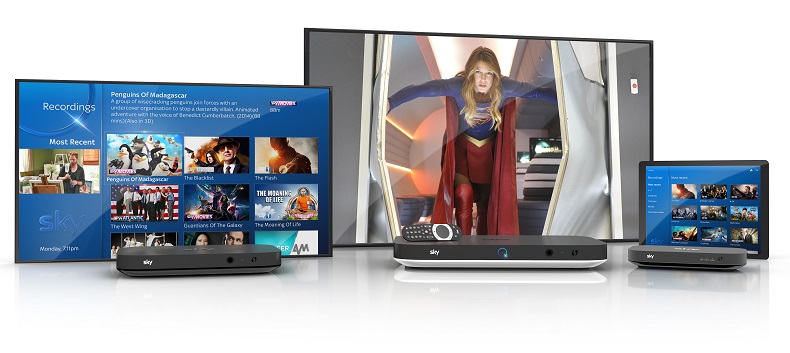
In the build-up to the big day, we spent some time with Steve Smith, director of Sky Sports Productions, to get the lowdown on the company's upcoming 4K coverage.
Like what you hear? You can also read our thoughts on Sky Q and on the Sky Ultra HD service.
It's not all native 4K
At launch Sky will be mixing a little upscaled 1080p content with native 4K content. But don't worry, practically all of the live football will be in native 4K. A couple of the pitchside radio cameras will be filming in HD, as will some of the studio cameras. All of this will be upscaled to 4K. The rest of the footage, including the vast majority of pitchside cameras, will be filming in native 4K Ultra HD.
"We have a couple of different 4K workflows," says Smith. "When we're wholly on site [at the football ground in question], we'll have a presentation truck for filming UHD and a match truck for UHD. When we're back in our studio for Friday and Monday Night Football, we'll be upconverting the studio to UHD and the game will be in native UHD."
All the graphics you'll see on-screen during Sky's 4K coverage will be created and displayed in 4K.
MORE: Sky 4K launches 13th August with Ultra HD football and films
Cameras are key
Depending on the size of match being broadcast, there could be as many as 25 different cameras filming the action including specialist cameras delivering the super slo-mo and goal line footage.
The latest hi-fi, home cinema and tech news, reviews, buying advice and deals, direct to your inbox.
Sky's older radio cameras struggle to deliver UHD images quickly enough, so they'll be filming their section of the action in 1080p. This will then be upscaled by the production team to 4K resolution. In total, this means around 18-20 UHD cameras will be present at each match.
For the cameramen and cameras, keeping all the action in focus is the key. "It doesn't matter how good your picture quality is if it isn't pin-sharp," says Smith. "I was involved in the trials we did for the Ryder Cup at Gleneagles, and some of the challenges around focus and the operability of the cameras have improved massively".
During the course of the season Sky expects the camera technology to evolve to reach a point where all the radio cameras will be replaced with more 4K-friendly models.
MORE: Sky Q Ultra HD hands-on review
3D didn't die in vain
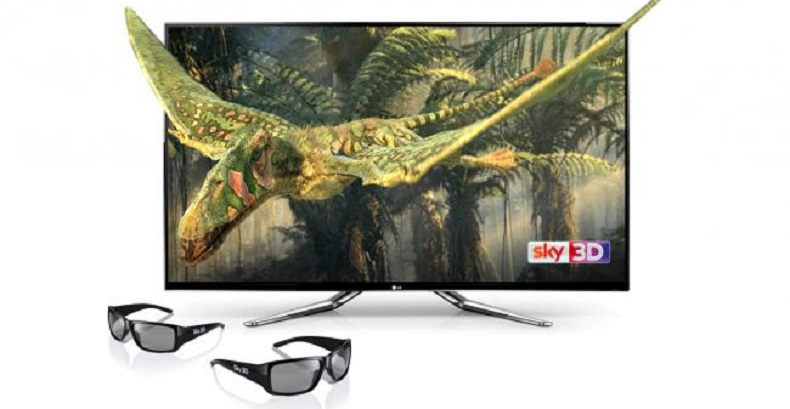
3D might have failed as a technology, but Sky has learned a number of lessons from 3D when it comes to shooting 4K content, including the use of different camera angles.
Filming 3D used to require additional cameras, simultaneous HD and 3D broadcasts, and also different presenters. "3D was a different experience and had to be cut in a different way. With Ultra HD, we've decided to go with an integrated solution rather than start with three or four different cameras and different talent," says Steve.
MORE: Sky pulls 3D football coverage
The grounds can make a difference
Even the football stadium can affect the 4K experience. "Each ground will be slightly different in terms of camera angle and we've used a number of different lens combinations during our trials."
With some stadiums, Sky's camera positions will be tighter to the pitch than others, so how the camera reacts to fast panning shots becomes more important. "When you get the fast panning, it takes a little bit longer to resolve all the detail, so in that regard, some grounds will be better than others."
MORE: 9 of the best 4K TVs 2016
4K football hogs your hard drive
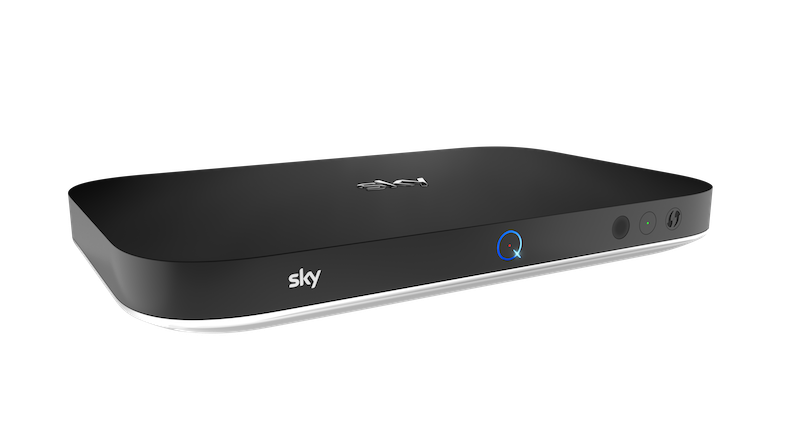
Sky Q's Silver box is the only box in the Q family to support Ultra HD. It boasts a 2TB hard drive - and it's a good job, given the space an entire 4K football match requires.
One of Sky's 4K football programmes will take up around 42GB of space on your Silver box. Sky is currently set to broadcast 124 games in Ultra HD, which would be over 5TB of data to accommodate - and that's before you add any other recorded material into the mix.
Even if you don't record every match broadcast in 4K, it seems inevitable that you'll have to do some housekeeping of your hard drive during the course of the season.
MORE: Sky Q hands-on review
UHD looks ultra impressive
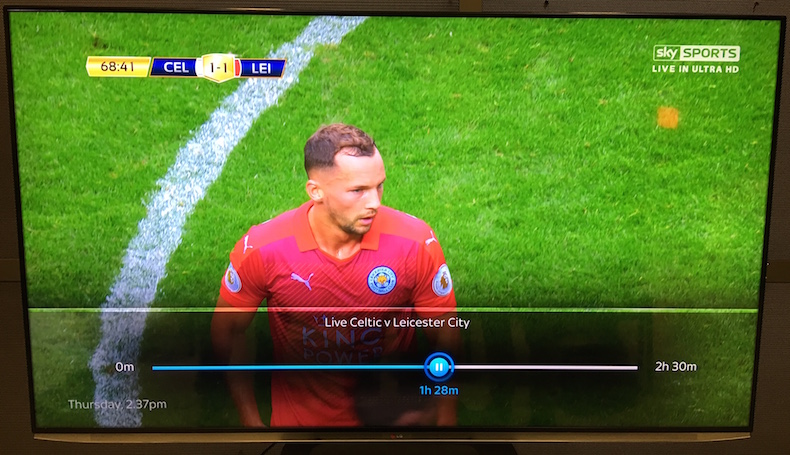
It's virtually impossible not to see the jump in quality from standard definition to high-definition, but is the jump from HD to UHD sport as obvious? Watching a live football match being broadcast in HD pitched against a 4K recording (on a 65in LG '950V TV), the difference really was night and day, especially when you get up close to the picture.
The levels of clarity and detail are very impressive. From the fine details on team kit to the textures of a player's face and hair when they're taking up the whole screen, everything appears crystal clear.
The HD broadcast looks noisier, with more digital artefacts present and the image seemingly affected more by motion during panning shots.
The focus of images in the foreground and background wasn't wholly consistent with 4K, though. Watching the 4K picture from the most-used, side-on angle, the clarity and detail didn't always seem uniform when moving your attention from the bottom to the top of the shot.
Occasionally, you could see players at the top of the screen away from the action snapping into focus a little later than the players in possession of the ball. Sky said its still experimenting with cameras and lenses to iron out any potential kinks and still has a couple of trials to go before the big day.
Will the UHD broadcast have a negative impact on Sky's high-def customers? Smith doesn't think so, naturally. "The first thing to make sure is the HD picture doesn't get any worse for subscribers who won't be using the 4K broadcast. We definitely don't want to downgrade their experience."
MORE: 4K Ultra HD TV: everything you need to know
Formula 1 in UHD will be a challenge
Sky has already announced it will be broadcasting the entire 2017 F1 season live in 4K, but there are still some hurdles to overcome for Sky's UHD production team.
"F1 is a different challenge because the presentation pod on site isn't UHD and we've got to mix it with the world feeds which will be in UHD." A lot of the F1 presentation is done with radio cameras, so once the cameras are ready for UHD, then Sky can look to upgrade the equipment. Until then, pit lane walkabouts will remain in 1080p.
Andy is Deputy Editor of What Hi-Fi? and a consumer electronics journalist with nearly 20 years of experience writing news, reviews and features. Over the years he's also contributed to a number of other outlets, including The Sunday Times, the BBC, Stuff, and BA High Life Magazine. Premium wireless earbuds are his passion but he's also keen on car tech and in-car audio systems and can often be found cruising the countryside testing the latest set-ups. In his spare time Andy is a keen golfer and gamer.

